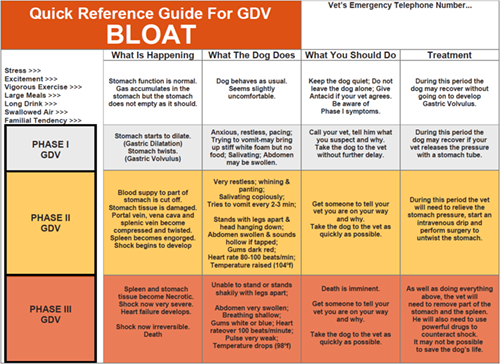Akitas are generally very healthy dogs. Like all purebred animals, however, they are subject to some genetic disorders. The most common heritable ones include:
- Progressive Retinal Atrophy (PRA), which results in eventual blindness
- Uveodermatologic Syndrome, which can result in blindness
- Acquired myasthenia gravis, which involves muscle weakness and often leads to respiratory failure
- Von Willebrand disease, a bleeding disorder
- Other immune system disorders that affect the skin, such as pemphigus foliaceous, zinc deficiencies, uveodermatologic syndrome/VKH and sebaceous adenitis, a disease that ends in total hair loss
Careful breeders screen their breeding dogs for hips (Orthopedic Foundation for Animals, or OFA), eyes, and (PennHIP, an OFA thyroid evaluation) and eye test results from the Canine Eye Registration Foundation (CERF). The Akita Club of America participates in the Canine Health Information Center, a health database. Breeders agree to have the results published and they are publicly available. So if you decide to use a breeder, be sure to ask about the hip, eye and thyroid results of both parents of your prospective puppy. Good results increase the chance that you will get a sound pup. If your breeder doesn’t test, look for another breeder.
Other Health Concerns
Bloat/GDV (Gastric dilatation-volvulus)
Bloat, also known as Gastric Torsion, is a serious, life-threatening condition that affects many large breed and deep-chested dogs, including Akitas.
Early medical intervention can help save the dog’s life. Become familiar with the symptoms on this chart so you know what to look for and what to do.
Hip Dysplasia and Knee Issues
Because of the straightness of the Akita’s rear legs, the breed is especially subject to tears of the cruciate ligaments, and hip dysplasia.
Sedation
Akitas are known to be difficult to sedate, and many react to typical sedatives used by vets. Be sure your veterinarian understands this before surgeries and dental cleanings.
More Info
- Learn more about Akita health
- Read more about genetic disease research in Akitas
- We can help you find a great veterinarian


